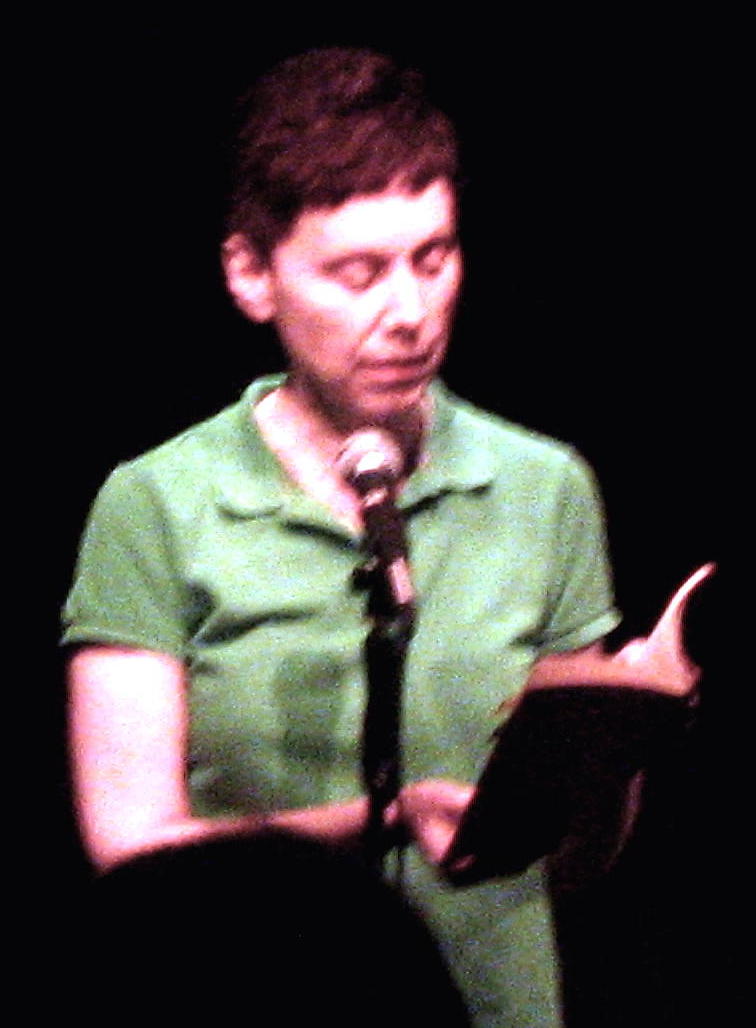You would think that living in
Perhaps it’s the way in which Equi is capable of making complex philosophical observations & arguments in a manner that appears so offhand you don’t realize their depths until well after the hard stop of the final period. Viz “Men in Camisoles”:
All writing is a form
of transvestism.
Men in camisoles.
Women drinking port
and smoking thin cigars.
Think of Flaubert, Proust,
Mallarmé in drag.
Or a woman (any woman)
trying on a man’s power:
”Now I clothe myself
in your blood, your wars.”
Like getting dressed
in a warm room
on a cold day
the sly smile
of the self
as it goes to sleep.
Everything contained within.
You read Rilke
and you become Rilke.
Nothing can stop this
endless, transformative
flow of selves
into other, opposite,
even objects and animals.
In a dream I took my
blue pentagram shirt
to the cleaners
and they said
it would take
three whole months
to get the werewolf out!
Writing seriously without seeming serious is almost the archetypal
Throwing a ball
like a bridge
over an old wound
like a cape
thrown chivalrously
over incoherent muck.
Catching it
is easy.
”Now toss it back,”
says the Zen monk
standing in his garden
centuries away.
like a bridge / over an old wound is a marvelous metaphor precisely because of the way the “wrong” phrase recasts the figure/ground relationship of the metaphoric structure. Nor is it an accident that the only four-syllable words in this poem both occur in the next stanza, as tho the author were having to struggle to get the poem back in control, something accomplished so decisively with the arrival of the word muck. Which term also sets up the terminal k sounds for the lines ending with back and monk, this last very nearly a pure rhyme.
With roughly 250 pages of poetry, Ripple Effect is a rich, fat book, with an unusual organizational structure: first the new work, then selections from each of her four previous Coffee House books in chronological order, then finally a shorter selection of poems from her “pre-Coffee House” days, mostly I take it the early & mid 1980s. It’s an order that discounts the hidden narrative of any selected poems, that of the poet’s progress. In fact, Equi’s early work and her most recent writings can sound so similar that it can be hard to tell the difference. Consider “To Do,” dedicated to Joe Brainard:
Never finish everything
on your to do list.
It will look as if you have nothing
better to do.
And “Then I Became the Weathergirl”:
The air is full of secrets.
Just by breathing,
you become my accomplice.
I’m not going to tell you which predates the other by perhaps 20 years – you’re going to have to buy Ripple Effect when it’s published to find out – but it’s worth noting here that the vision in these two works of what a poem is and can be, the importance of concision, the valuing of wit, have been consistent with Elaine Equi since day one. It’s great to have this big collection in hand all at once.






